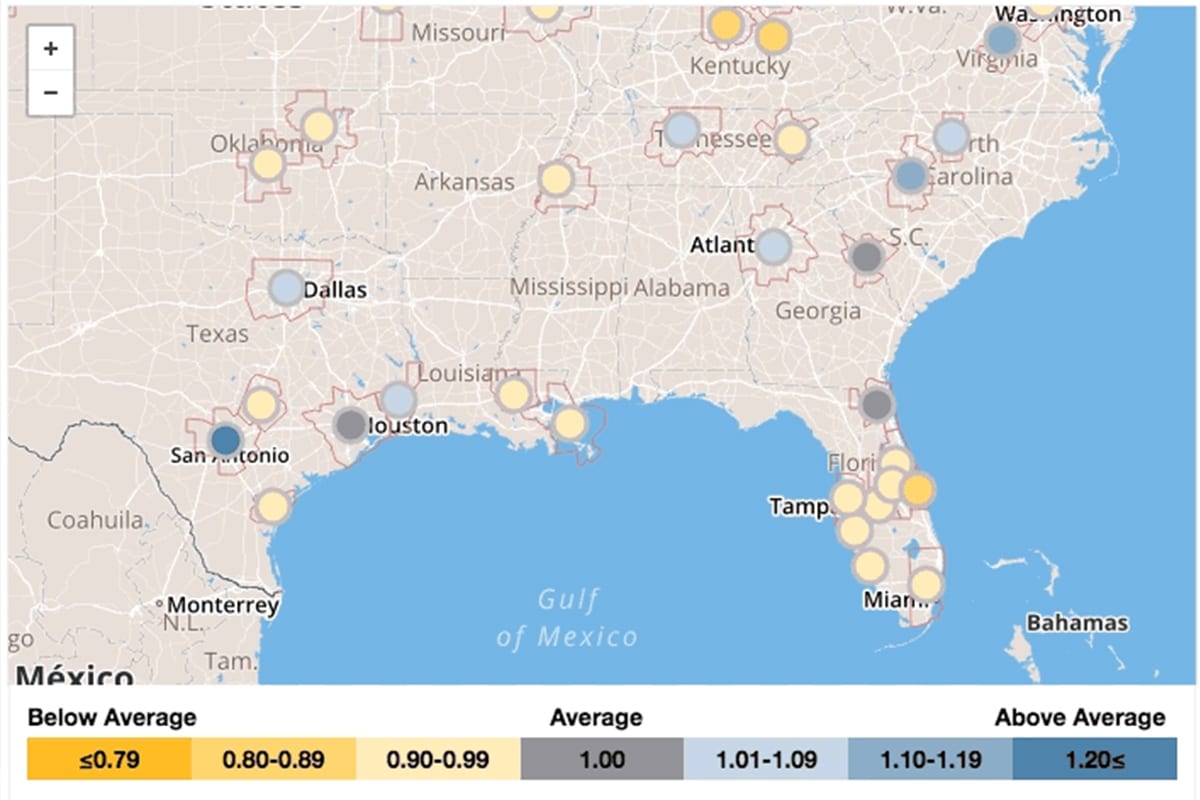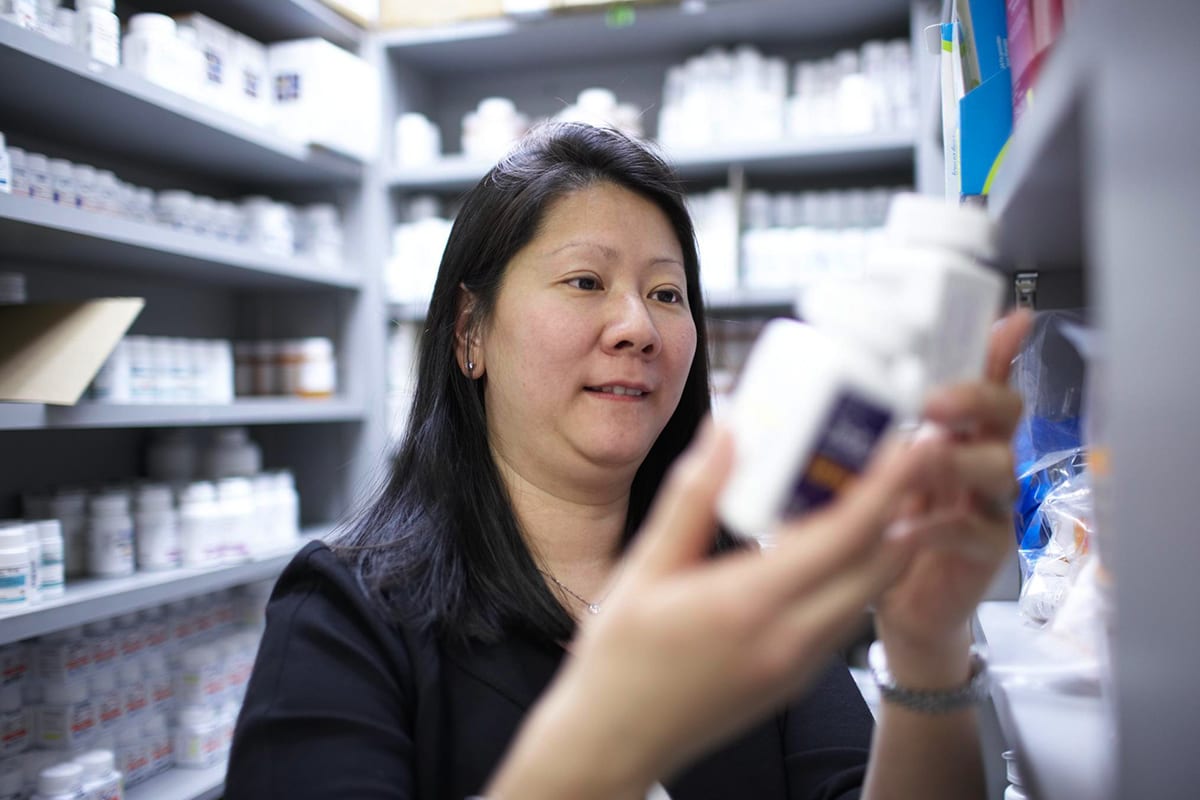Posts by Jemma Weymouth
Making Data Useful

The Healthy Marketplace Index helps people compare health care costs in their communities to others.
Are High Drug Prices Here to Stay?

Last week the FDA approved PCSK9 inhibitors, which promise to help millions of Americans with high cholesterol. But these new drugs come with a projected price tag of about $14,600 a year. The PCSK9 inhibitors are the latest in a series of high-priced prescription drugs reaching the market.
Protecting Privacy in Whole Genome Sequencing

Whole genome sequencing—which provides a map of a person’s entire genetic makeup—has huge potential for improving medical care. Yet, concerns about personal privacy and misuse of data from these tests could deter people from getting their genes sequenced and sharing their genetic information with researchers and clinicians. That’s why the Presidential Commission for the Study of Bioethical Issues has undertaken a review of the privacy and data access issues that arise from whole genome sequencing.
Bioethics Commission Scrutinizes Research Involving Human Subjects

The Presidential Commission for the Study of Bioethical Issues held a two-day hearing in Washington, D.C. where it revealed findings from its investigation into research abuses in Guatemala in the 1940s. The investigation is part of a larger inquiry by the Commission into whether current research standards adequately protect people participating in scientific studies from harm and unethical treatment.
Nonprofit Insurance Giant Hoards Millions in Surplus Cash
Health insurance costs continue to rise, hitting consumers with high premiums and co-pays despite the downturn in the economy. Adding insult to injury, a new report from Consumers Union (a Burness client) has found that over the past decade, nonprofit Blue Cross and Blue Shield (BCBS) health insurers accumulated vast amounts of surplus cash.
Rethinking the Mission of Medical Schools

As the U.S. girds for an influx of newly-insured patients under health reform, attention is shifting to whether medical schools are producing doctors that meet the country’s health care needs. Helping to spark this debate is a recent study that ranks U.S. medical schools in a new, provocative way: on the extent to which they produce doctors who practice primary care, work in underserved areas, and are minorities.
